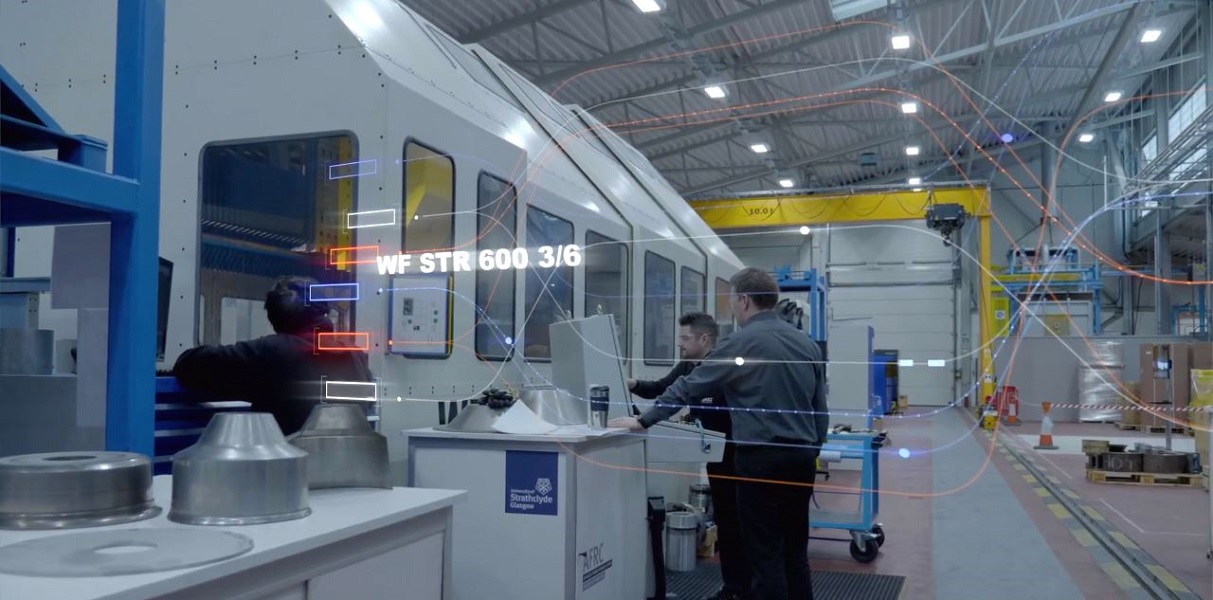We specialise in forging research and will soon launch FutureForge, the world’s most advanced hot forging platform complete with industry 4.0 ready demonstrator.
Forging is the manufacturing method of choice for high integrity products, such as aerospace discs and pressure vessels, which must be strong, durable and safe.
Increasingly, they must also be lightweight and made using more sustainable methods. As the global forging market continues to grow – it was valued at over $67 million in 2017 and is expected to reach over $107 million by 2024 – our goal is to make forging more predictive and efficient.
We are using forging and complementary heating technologies to convert materials so that they are ready for the next generation of products made using stronger, lighter metals for higher temperature applications.
